Fate of JCPOA after unilateral withdrawal of US
It's been nine years since the Joint Comprehensive Plan of Action, JCPOA, also known as the Iran deal, was signed between Iran and several world powers in the Austrian capital, Vienna.
The signatories to the 2015 landmark agreement are China, France, Germany, Russia, the United Kingdom, Iran and the United States.
Under the agreement, the US and the EU agreed to remove anti-Iran sanctions imposed over the years in exchange for Iran limiting its uranium enrichment and reducing its existing stockpile.
The deal was eventually violated by the US during the administration of President Donald Trump, who pulled his country from the deal.
Despite this, Iran fully adhered to its obligations under the JCPOA, while the Europeans also failed to comply with the Accord.
The JCPOA had its pluses and its minuses. The biggest problem was that it was not protected.
In other words, there were no real mechanisms to protect the deal if the Americans or the Europeans violated the agreement.
And so when Obama began violating the deal, when he began to increase the sanctions and, of course, (since) the Europeans always obey the United States, there was no punishment. They paid no price for these violations.
And then, of course, when Trump ultimately tore up the deal, it came at no political or economic cost for the United States.
Professor Seyyed Mohammad Marandi
The JCPOA was the result of 20 months of intense negotiations between diplomats from Iran, the US, France, Germany, the United Kingdom, as well as China and Russia.
These negotiations first led to the interim Joint Plan of Action, concluded in 2013 in Geneva, then a framework agreement, concluded in April 2015, and finally, on July 14, 2015, in Vienna, it was announced that the final agreement has been signed, sealed and delivered.
If you think about the guarantee of the JCPOA, it is important to notice that there is no way in international relations that finally force states to obey a regulation or a deal or treaty among them.
And that is why every party can withdraw, illegally but practically, from a deal and that is why the JCPOA was not the only treaty, or was not the only deal, that United States withdrew from during the Trump era and even at other times.
Trump withdrew from the Paris agreement, from NAFTA, from the deal with Russia, from the tariff deal with China, and many others.
Sasan Karimi, University Lecturer
Over the next two years, following the signing of the JCPOA, while Iran fully complied with the terms of the agreement, the unreliability of the Americans was evident as they looked for a pretext to scale back their commitments.
However, with Trump coming to the White House, long known for his close affiliation with the Israeli regime, the stage was set for rescinding the accord.
On May 8, 2018, Trump issued an executive order announcing that he was withdrawing the US from the JCPOA.
Trump's unilateral move led to the virtual collapse of the implementation of key provisions of the JCPOA since the two main parties to the agreement were Iran and the US.
Despite the US withdrawal, Iran decided to remain a signatory to the agreement with the remaining parties, but with the implementation of reciprocal measures in line with Iranian law.
Majority of Americans support Palestinian state as Israel backing declines sharply: Poll
New Israeli strikes kill more Palestinians across Gaza in 'serious violation' of ceasefire
Maliki urges respect for Iraq's sovereignty in meeting with Trump's special envoy
Iran urges restraint, immediate ceasefire as Afghanistan–Pakistan fighting escalates
VIDEO | Press TV's news headlines
VIDEO | Kabul residents call for calm as tensions escalate with Pakistan
Iran FM: Success of nuclear talks hinges on ‘seriousness’ of US
Pro-military Israeli journalist detained on suspicion of raping child: Reports


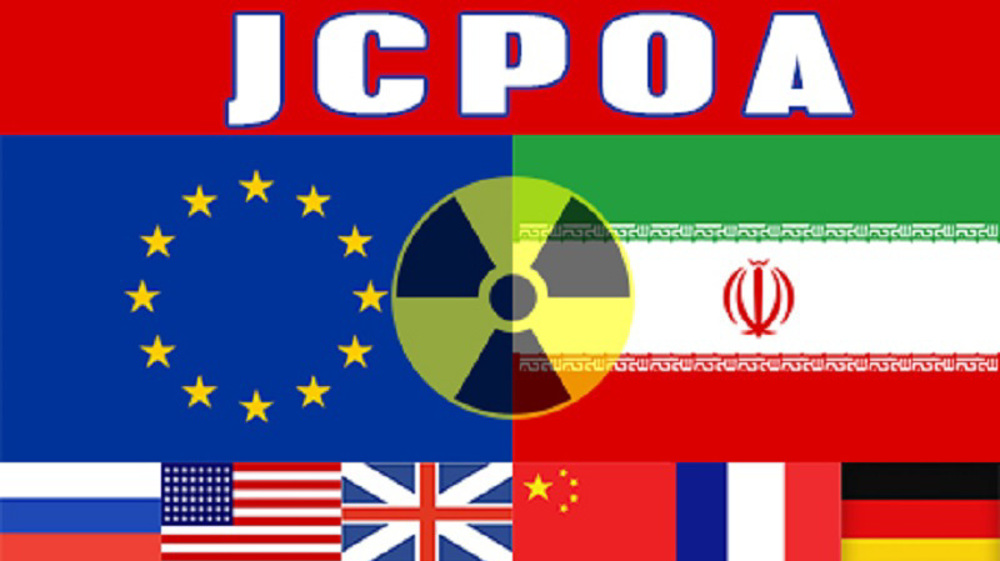
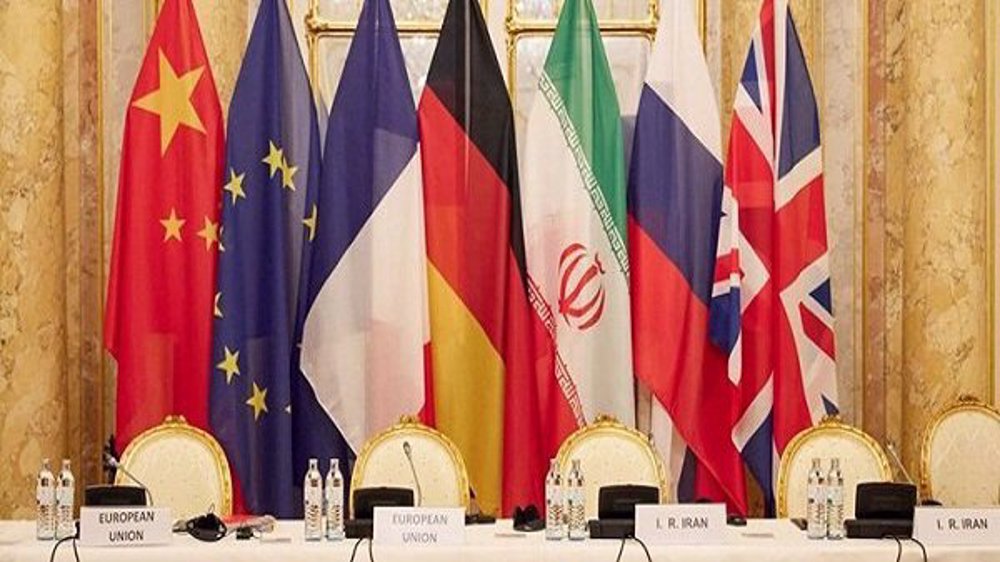
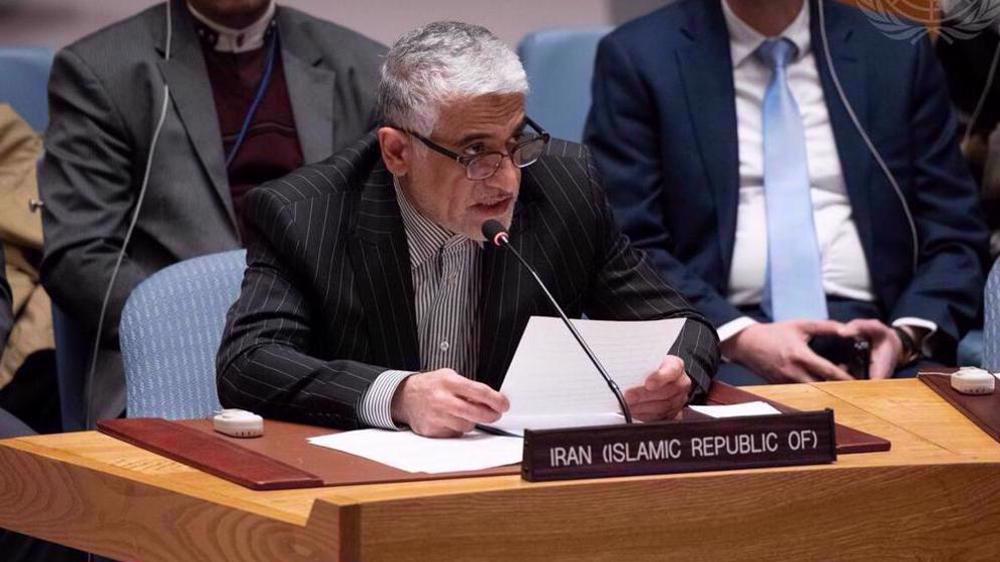
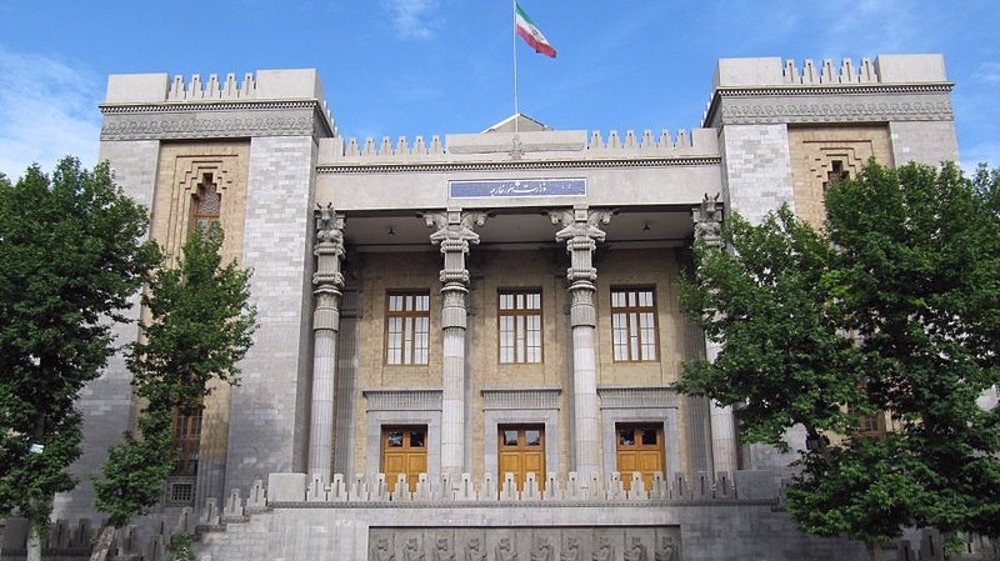
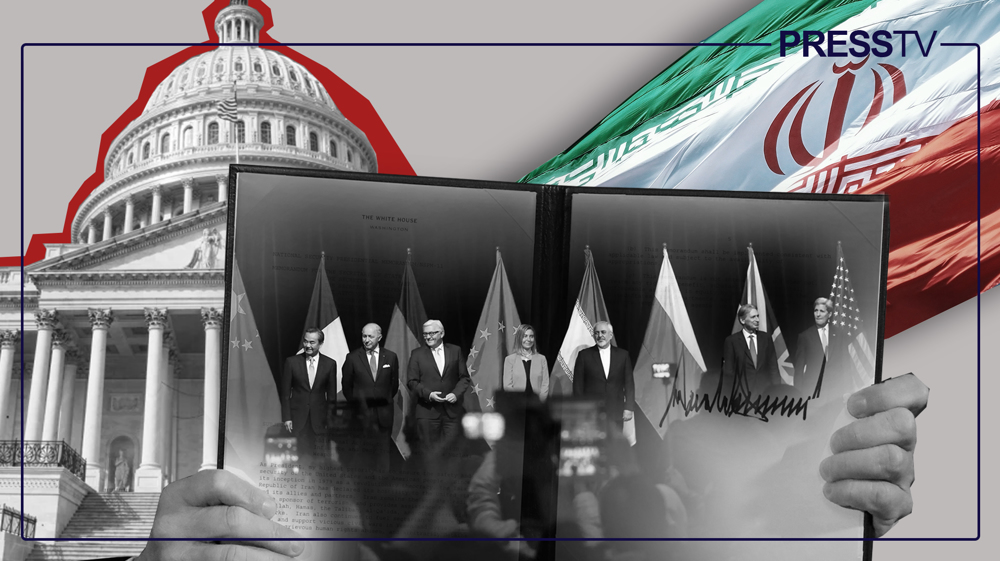
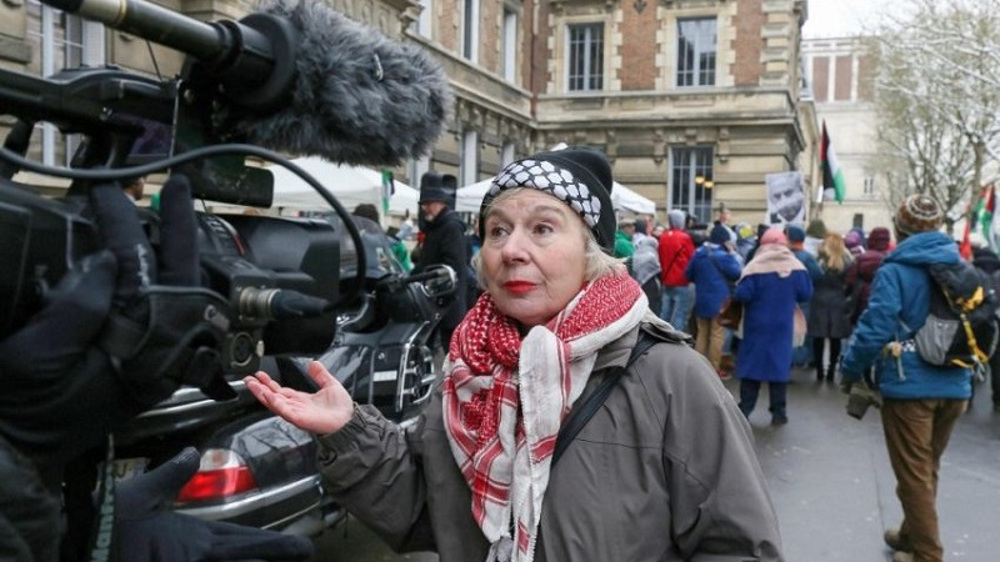
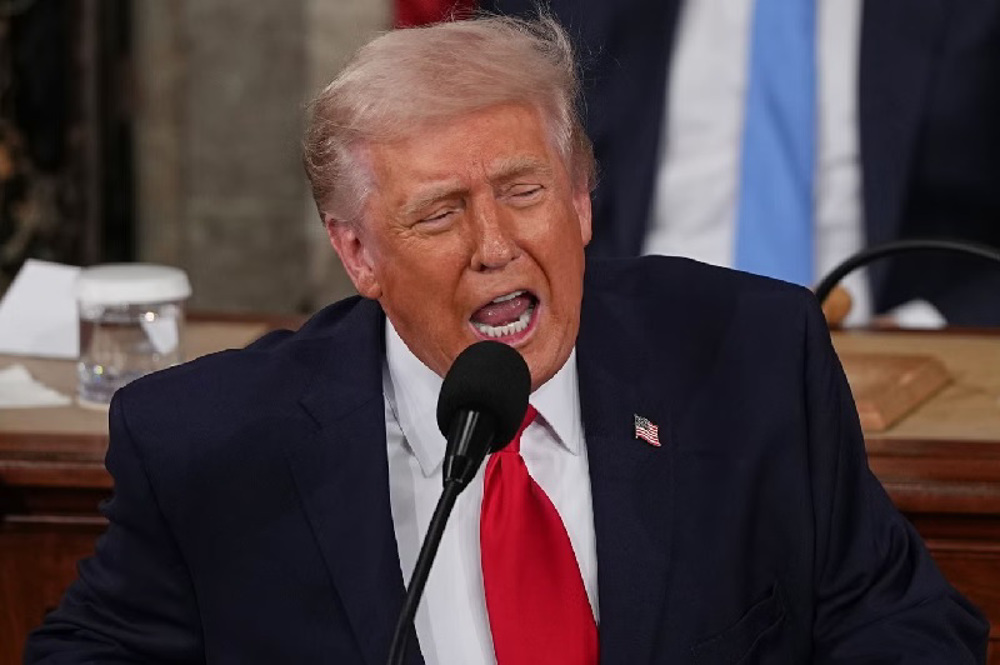
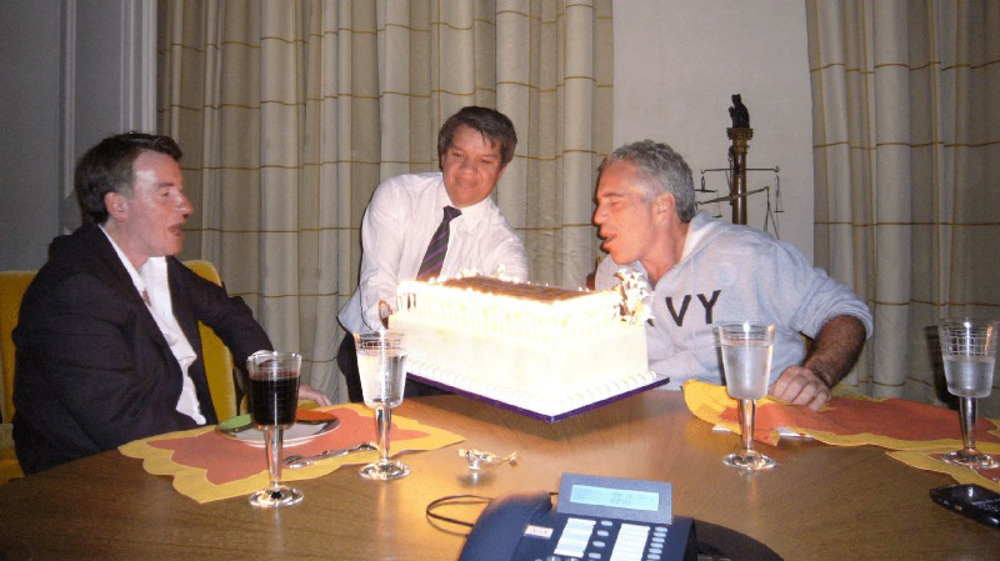



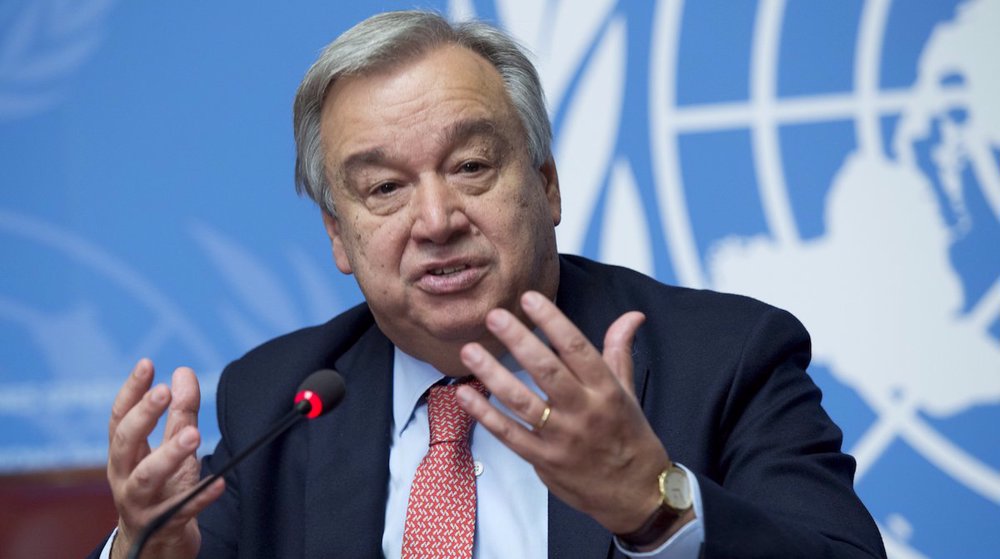
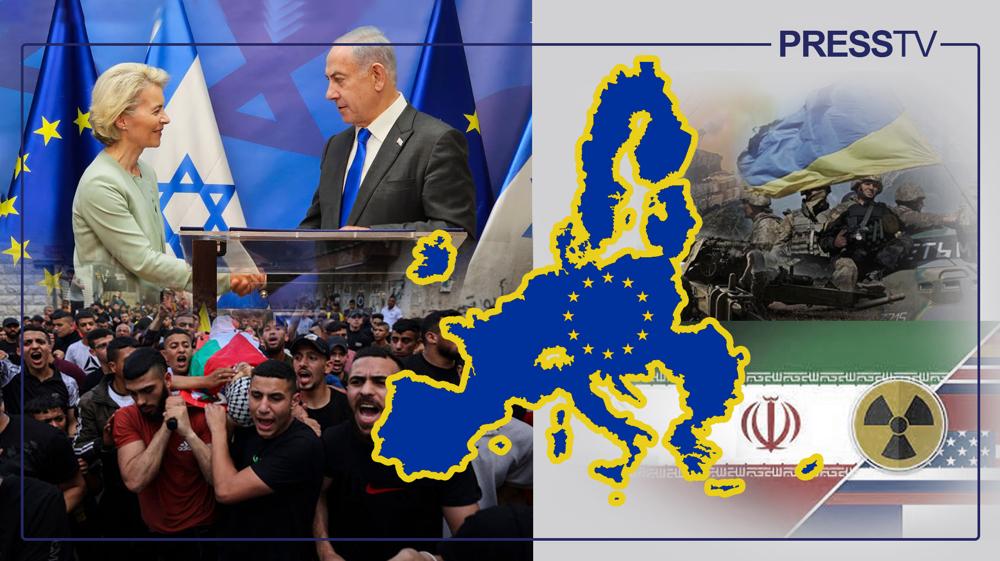
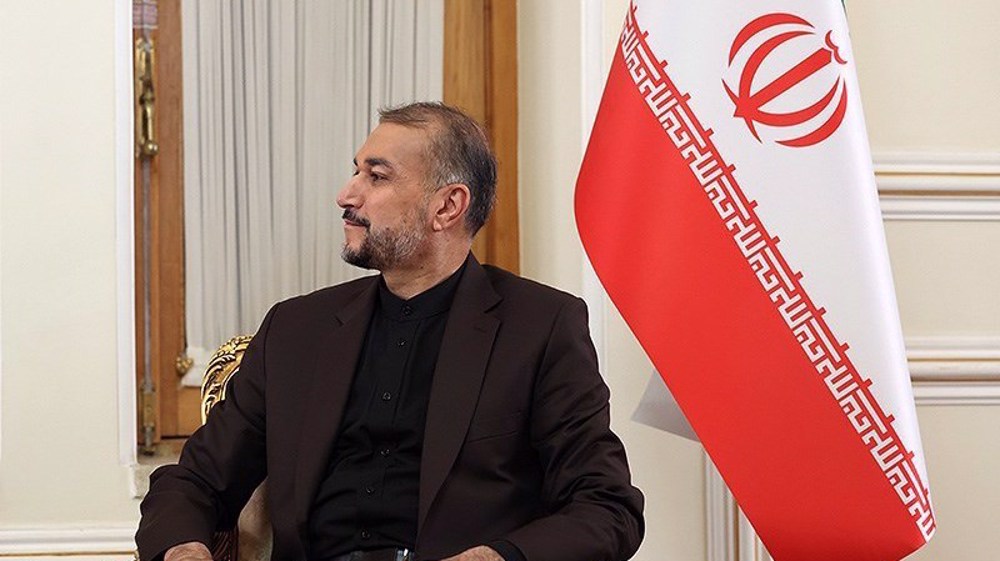
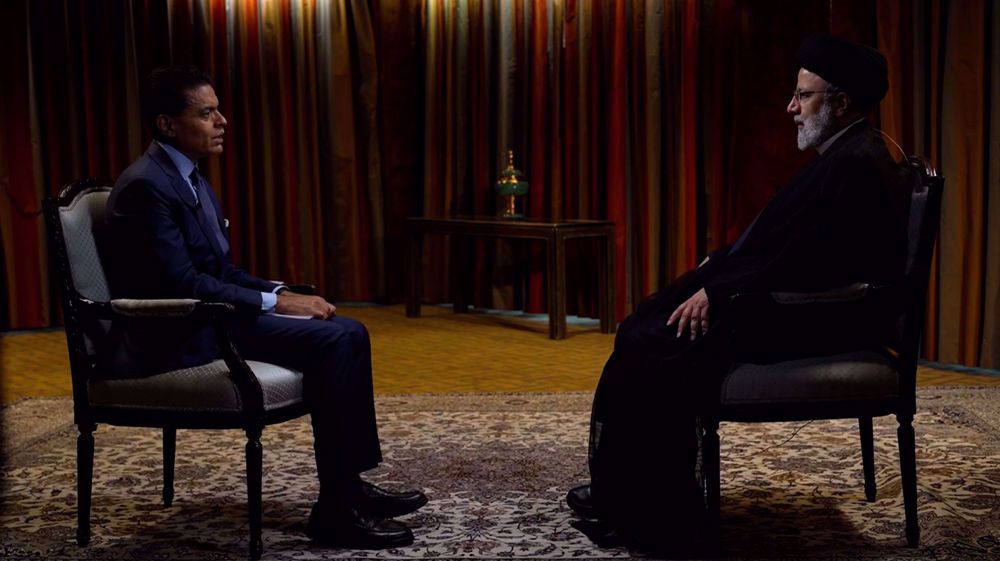
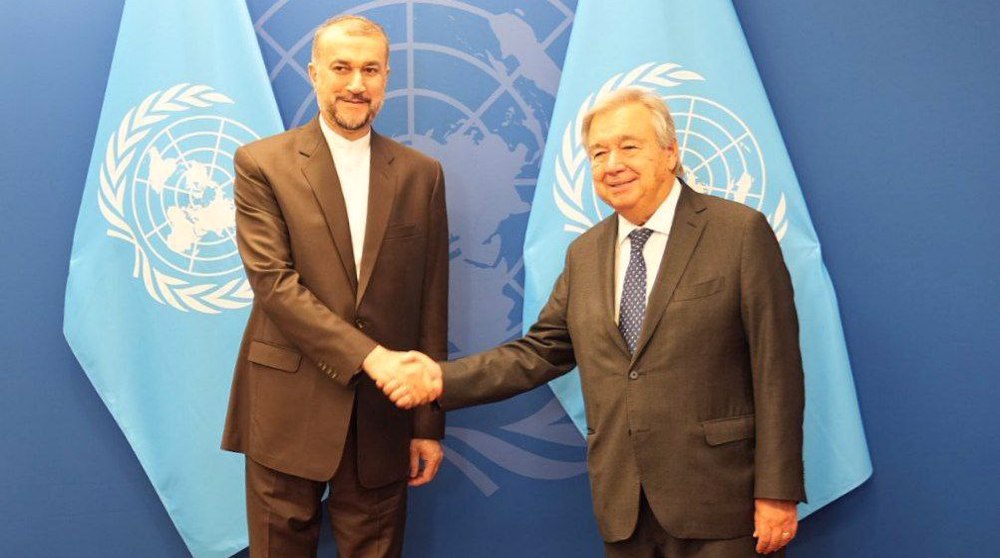
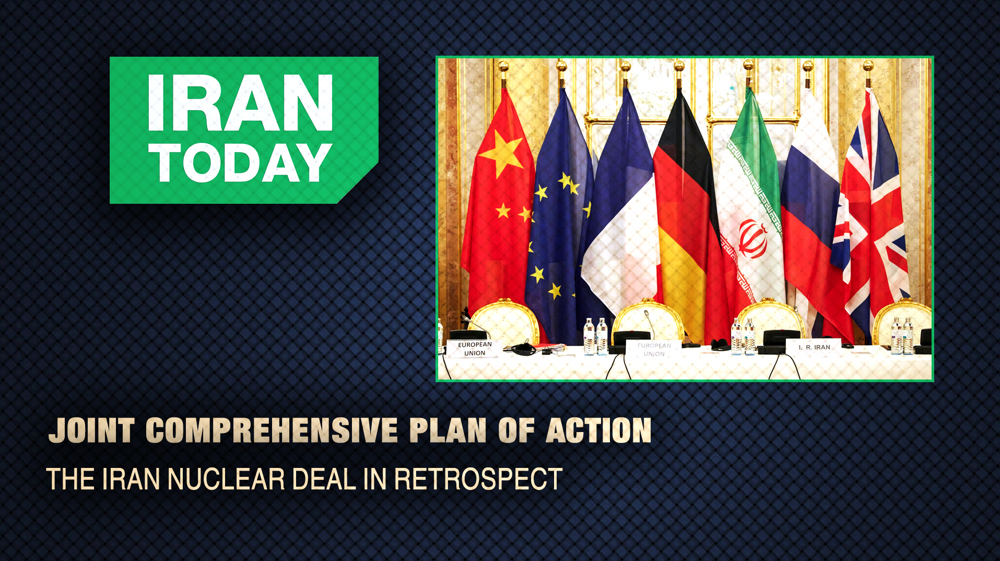

 This makes it easy to access the Press TV website
This makes it easy to access the Press TV website